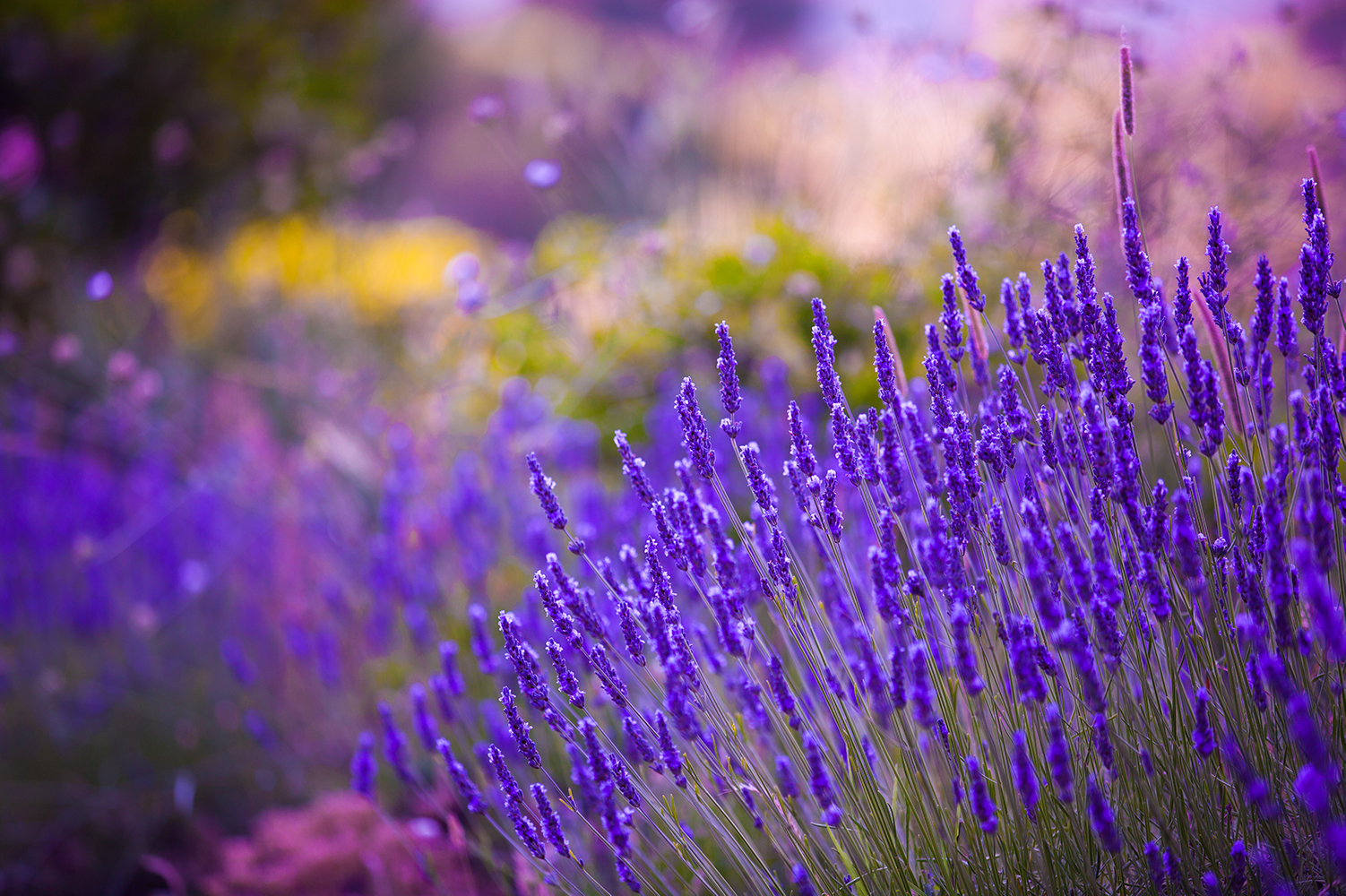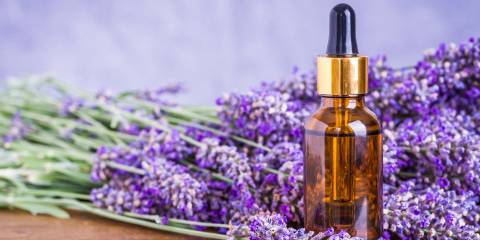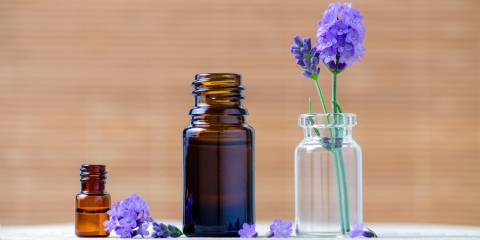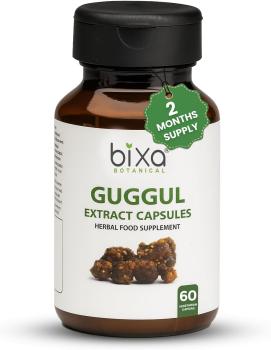The herb lavender has been used for centuries for therapeutic reasons.
General Uses for Lavender
Abundant in perfumes, potpourris, and bath and body products, lavender’s flowers are also edible and found in the famous seasoning ingredient Herbes de Provence.
Lavender essential oil can be used as an ingredient in homemade cleaning products, including disinfecting the toilet bowl.
Therapeutic Uses for Lavender
This herb has many other benefits, including analgesic, antibacterial, antidepressant, antifungal, anti-inflammatory, antiseptic, sedative, and more.
-
Topical Care
-
Skin Care
Applied topically, undiluted lavender essential oil can help treat acne, athlete’s foot, and bee stings.
-
Calming Effects
Rubbing lavender cream onto the legs before bedtime significantly reduced anxiety, stress, and depression in pregnant women, according to a 2015 study.
The women applied the cream for 10 to 20 minutes each night for eight weeks. Some of the women also included a warm foot bath in their nightly routine. The women were 25 to 28 weeks pregnant at the start of the trial.
-
-
Tea for Body Care
Lavender tea can be used as a mouthwash to eliminate bad breath or as a footbath to relieve fatigue.
-
Aromatherapy
-
Stress and Depression
Simply smelling lavender’s scent can help relieve feelings of stress and depression. Inhaling lavender has been shown in studies to significantly lower anxiety levels (but not blood pressure).
-
Sleep and Anxiety
The use of lavender essential oil was found to lower overall anxiety and improve the sleep of cancer patients undergoing chemotherapy treatments.
-
-
Soothing Baths
To soothe cranky children (or yourself!), add lavender herb oil to bathwater. The uplifting scent of lavender might be a great tool to help fight low mood and feelings of anxiety during the winter months.
-
Massage Oil
Added to massage oil, lavender can help treat sore muscles, cellulite, and rheumatism.





